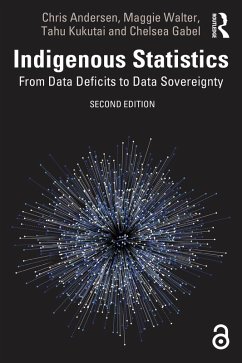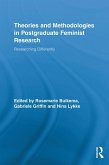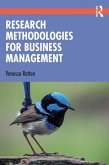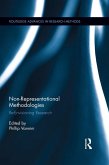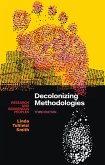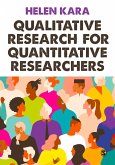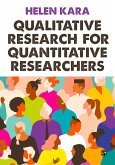This second edition of the groundbreaking
Indigenous Statistics opens up a major new approach to research across the disciplines and applied fields. While qualitative methods have been rigorously critiqued and reformulated, the population statistics relied on by virtually all research on Indigenous Peoples continue to be taken for granted as straightforward, transparent numbers. Drawing on a diverse new author team, this book dismantles that persistent positivism with a forceful critique, then fills the void with a new paradigm for Indigenous quantitative methods using concrete examples of research projects from first world Indigenous Peoples in the United States, Australia, Aotearoa New Zealand and Canada. Concise and accessible, it is an ideal supplementary text as well as a core component of the methodological toolkit for anyone conducting Indigenous research or using Indigenous population statistics. This is an essential text for students studying quantitative methods, statistics and research methods.
The Open Access version of this book, available at http://www.taylorfrancis.com, has been made available under a Creative Commons Attribution-Non-Commercial-No Derivative Licence (CC-BY-NC-ND) 4.0 license.
Dieser Download kann aus rechtlichen Gründen nur mit Rechnungsadresse in A, B, BG, CY, CZ, D, DK, EW, E, FIN, F, GR, HR, H, IRL, I, LT, L, LR, M, NL, PL, P, R, S, SLO, SK ausgeliefert werden.

